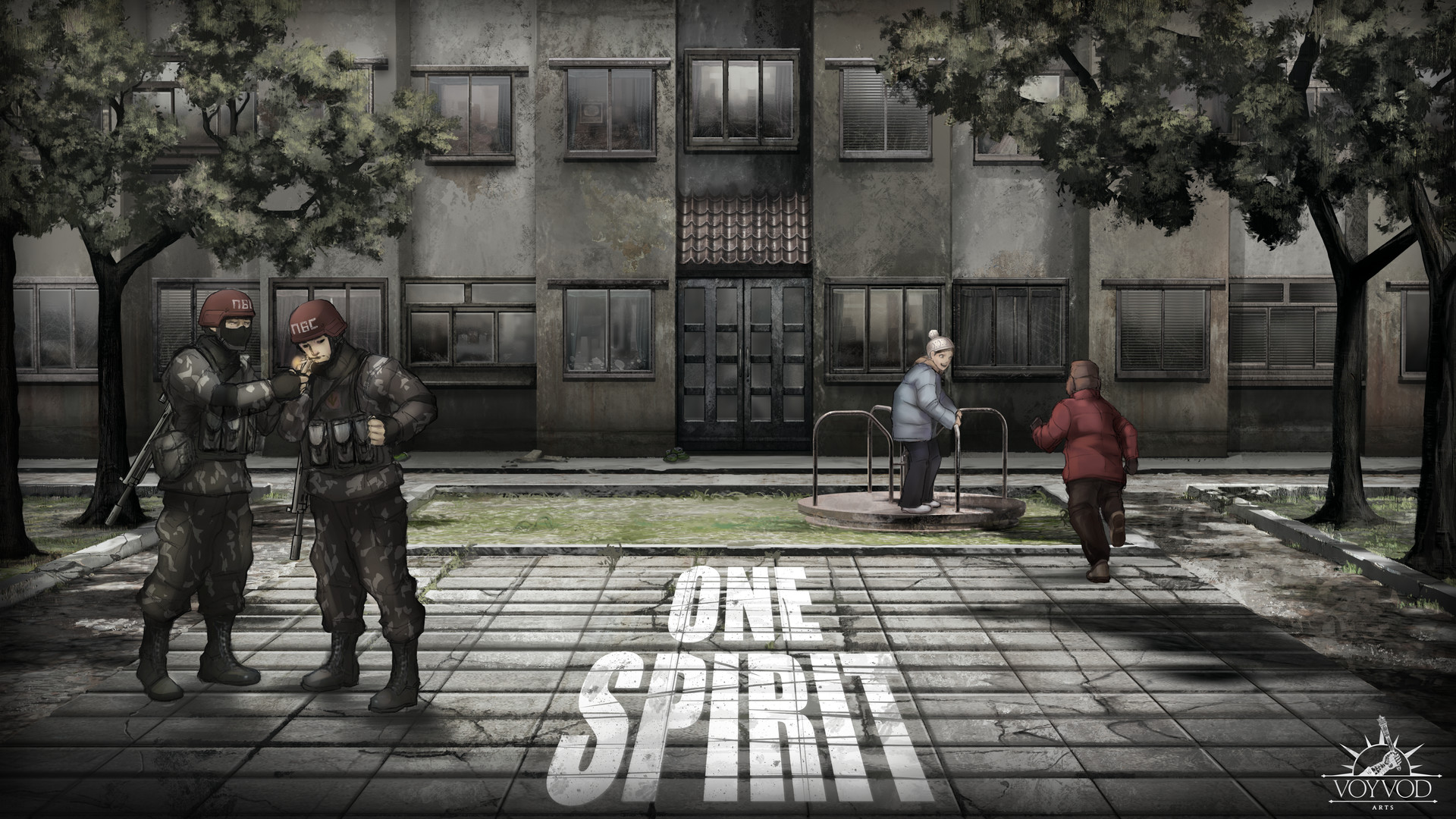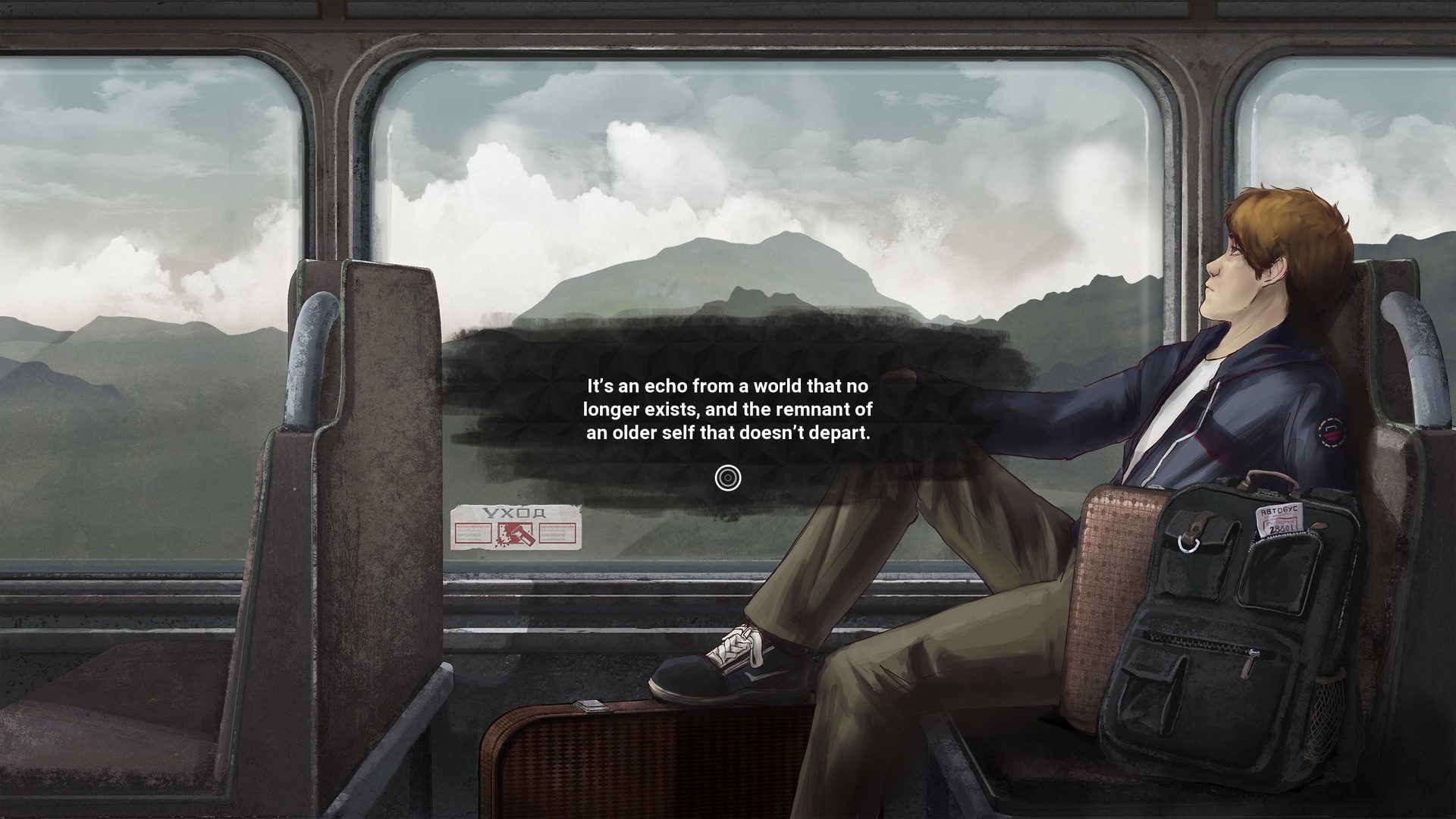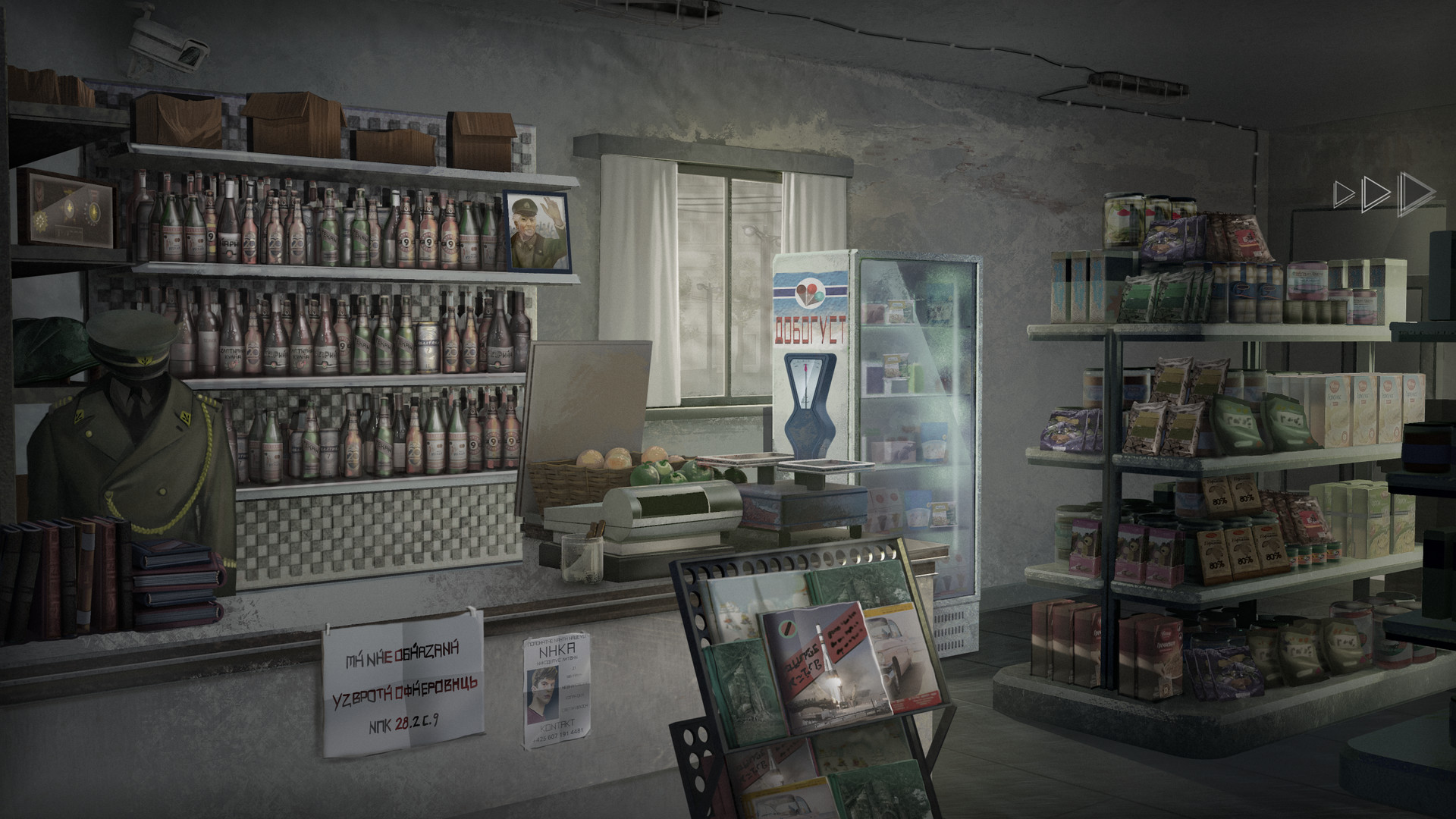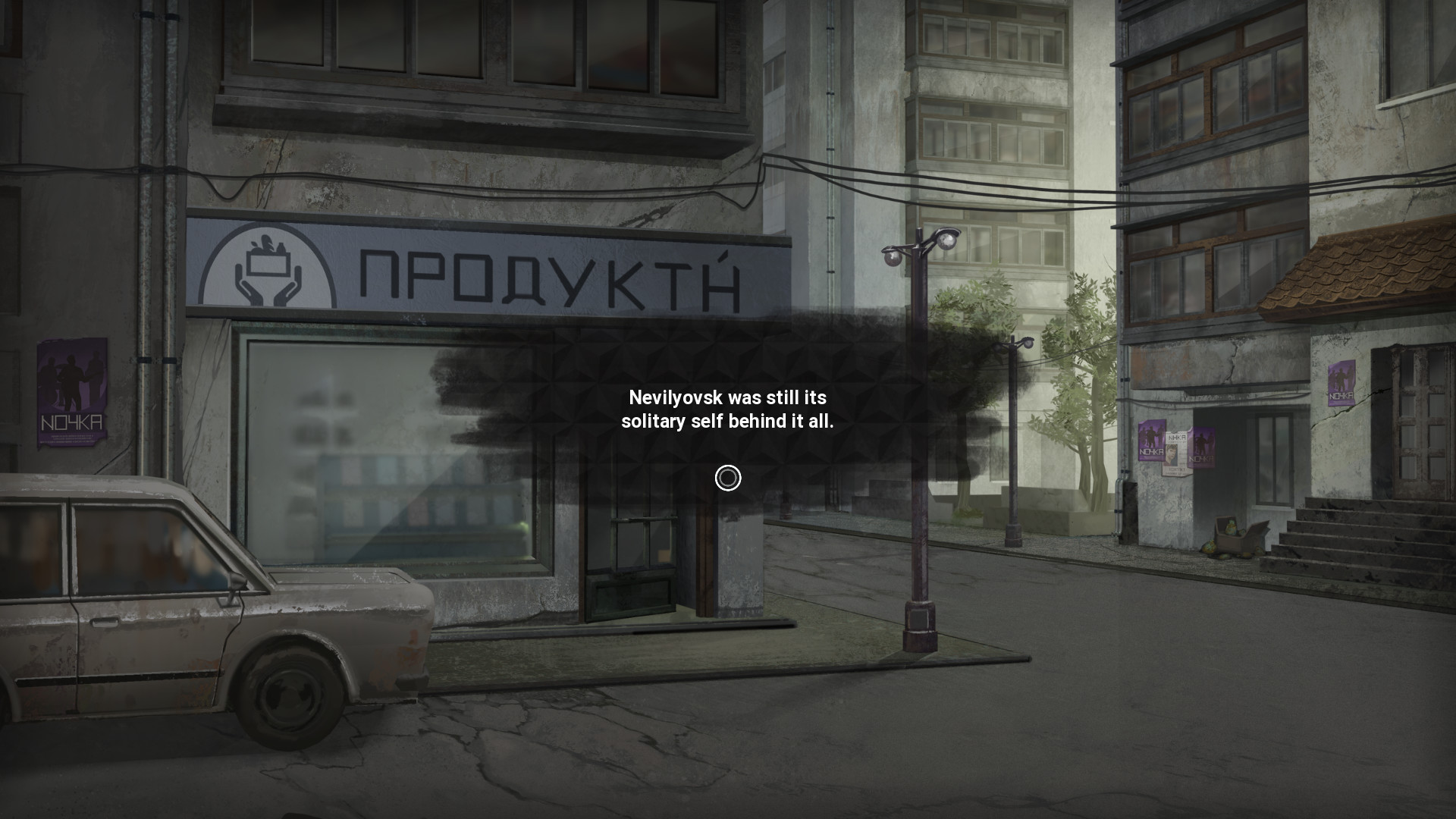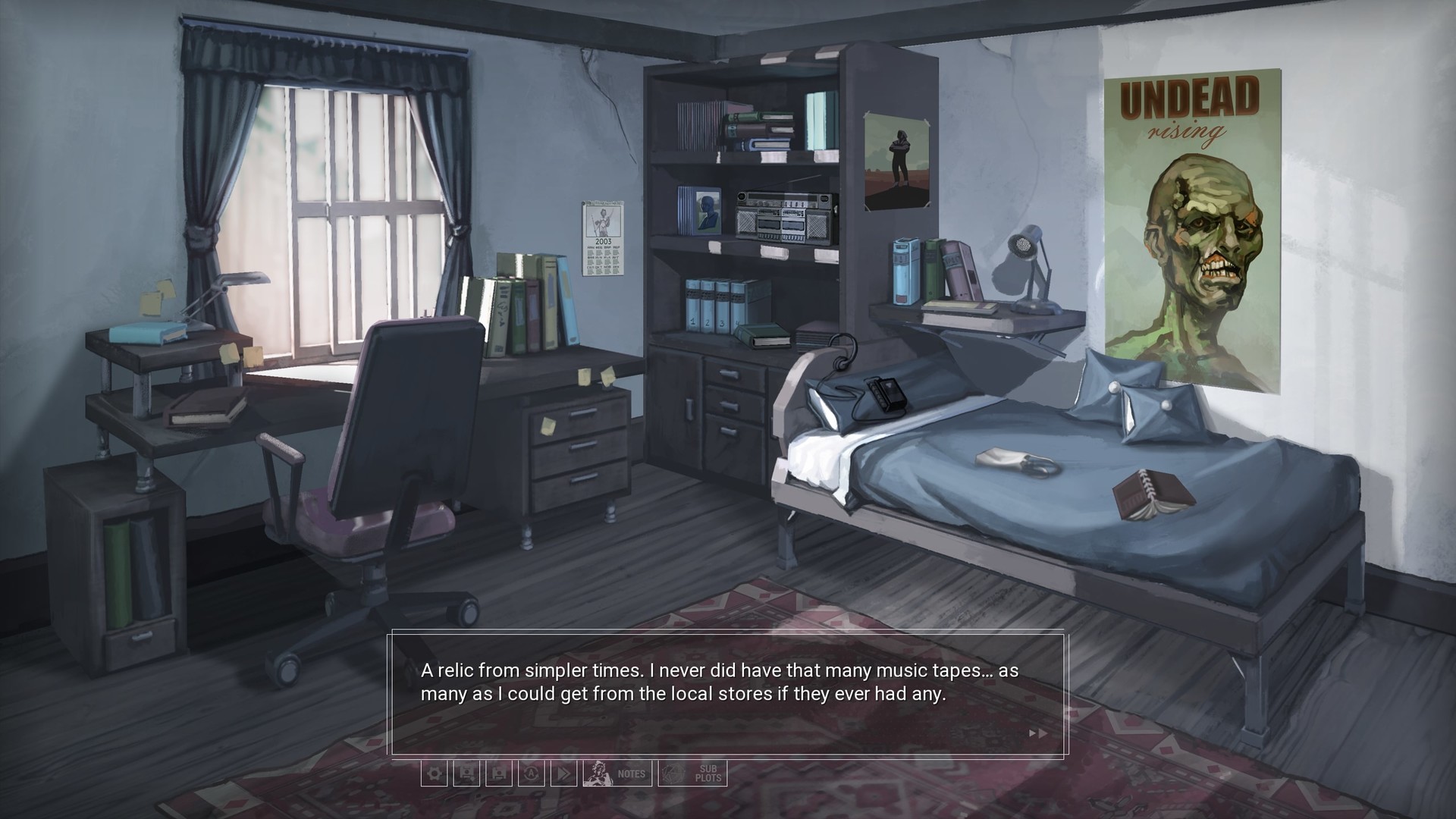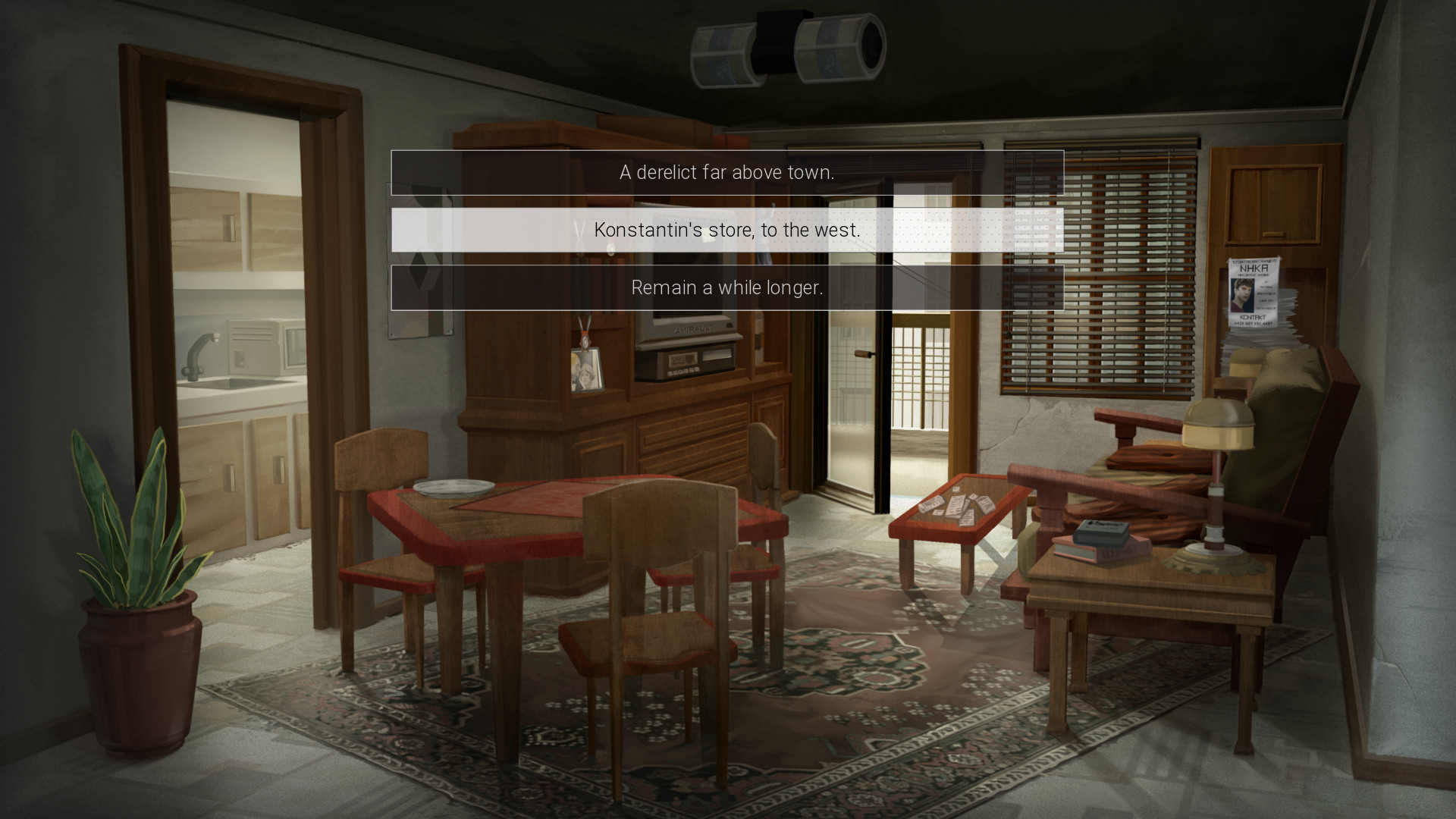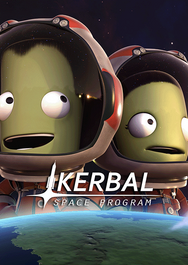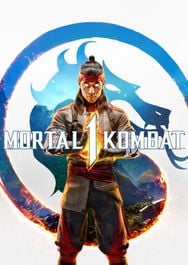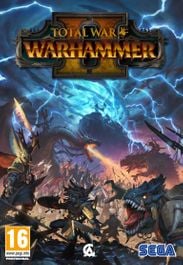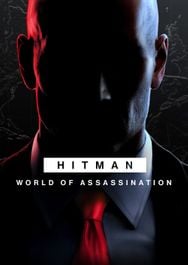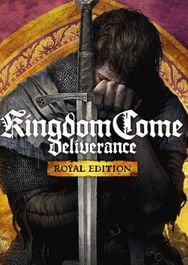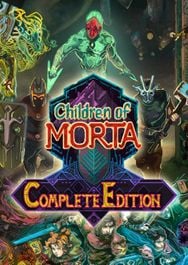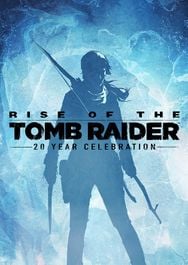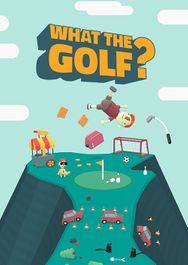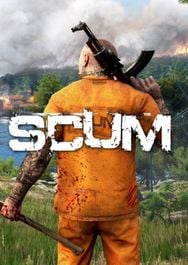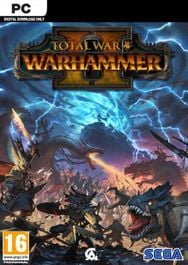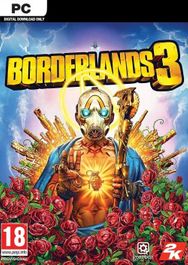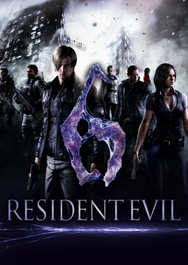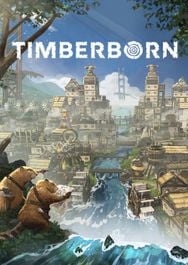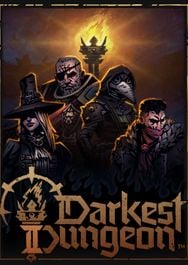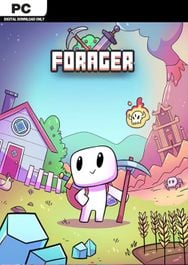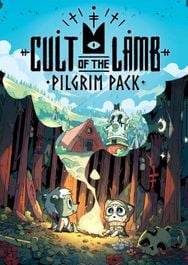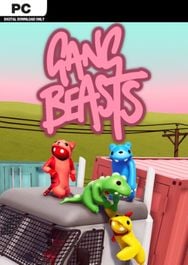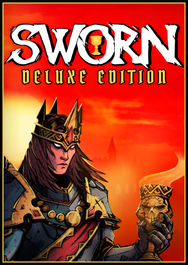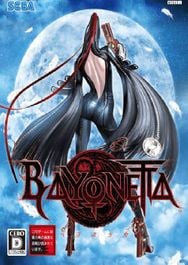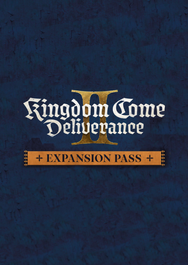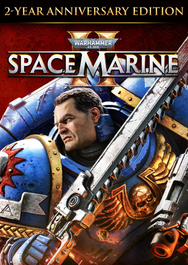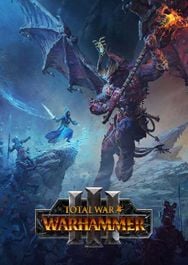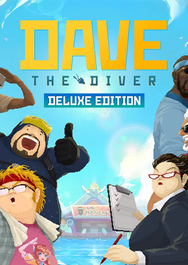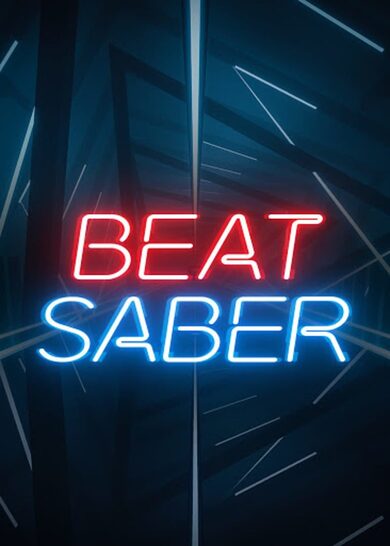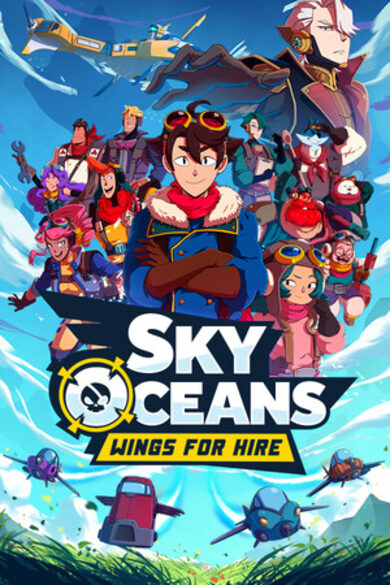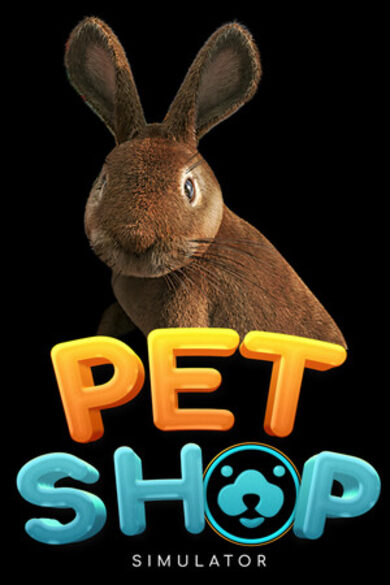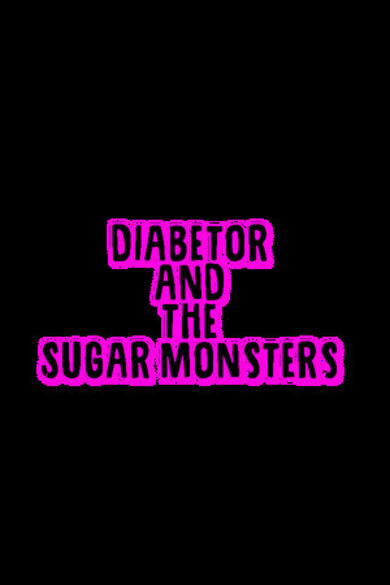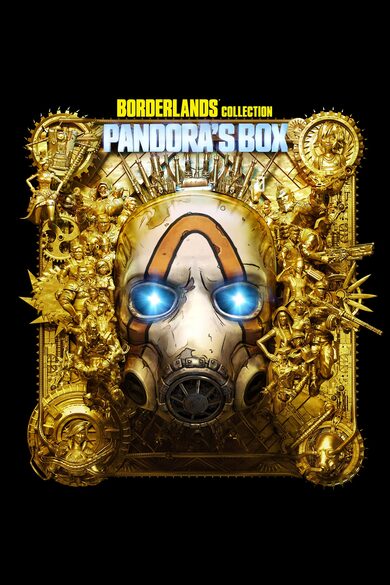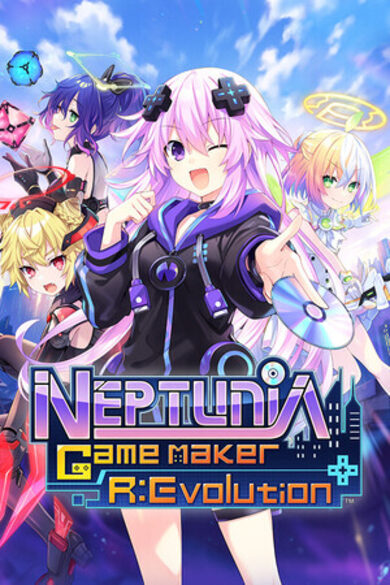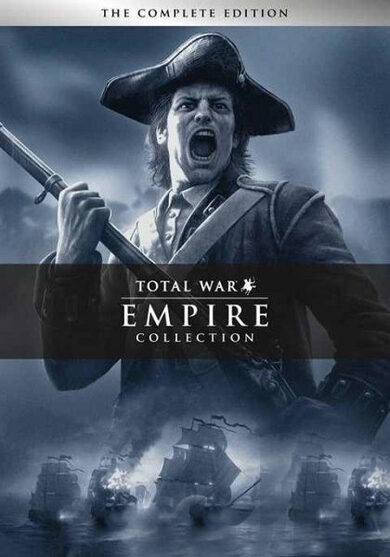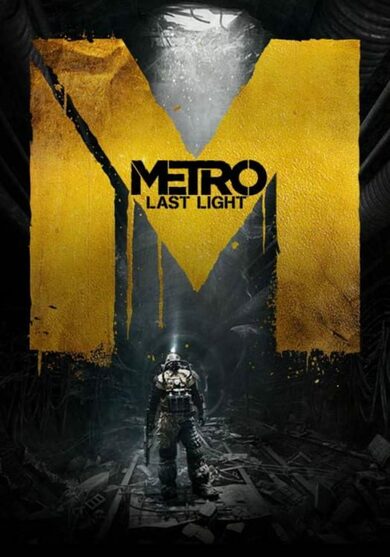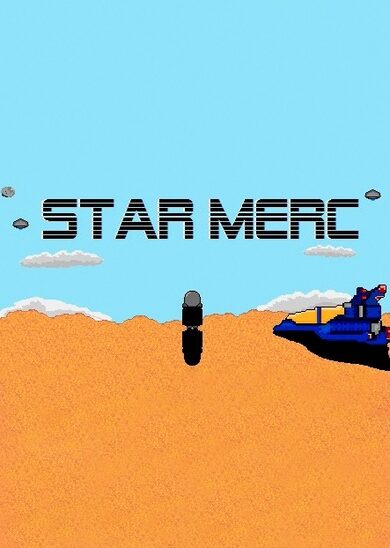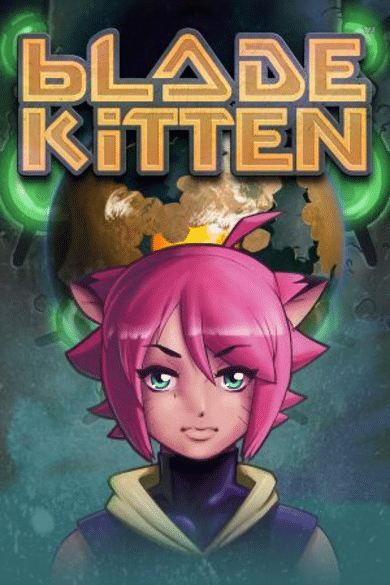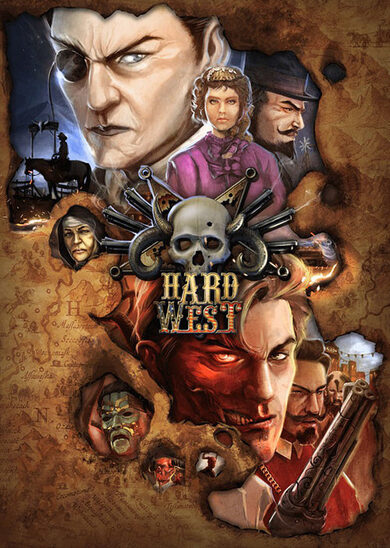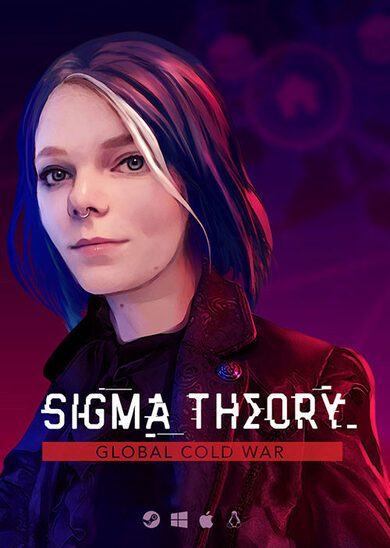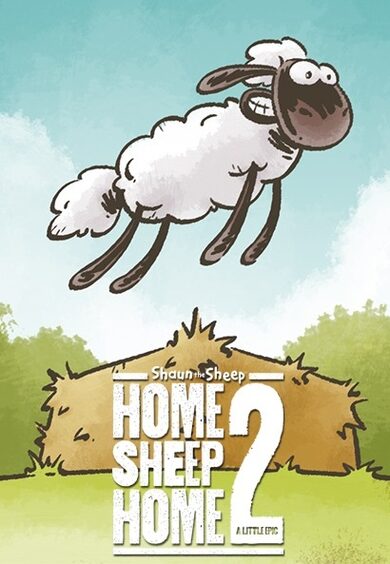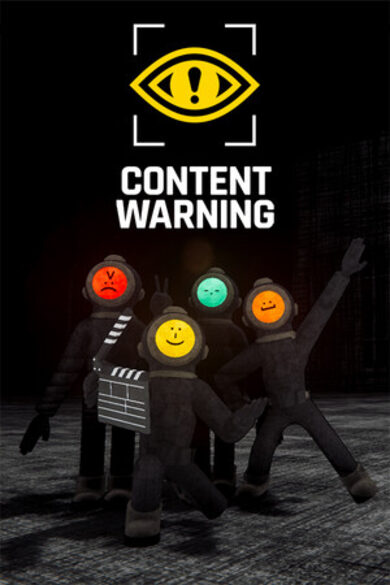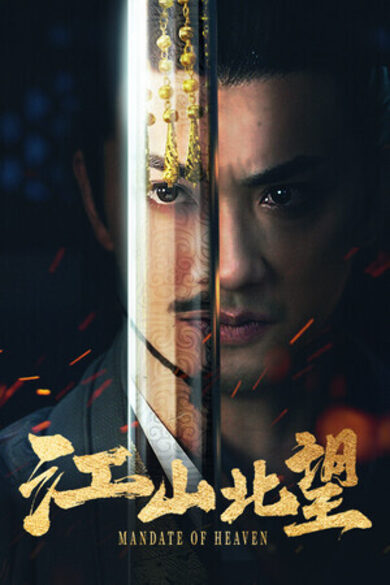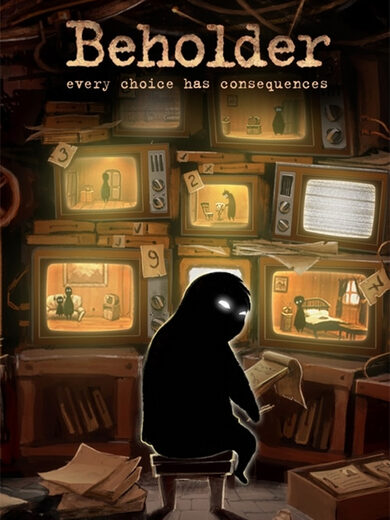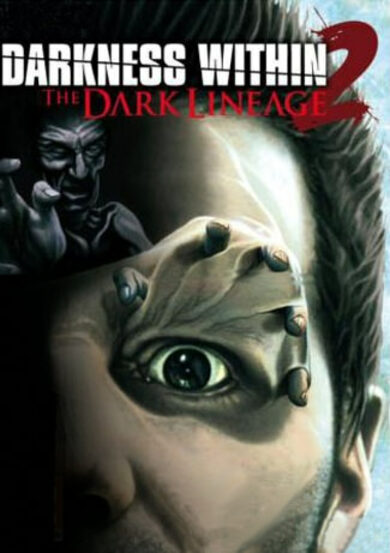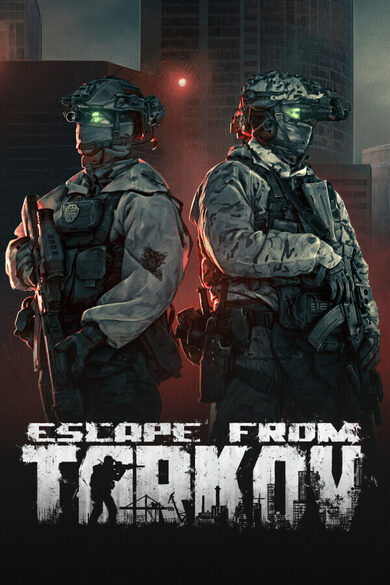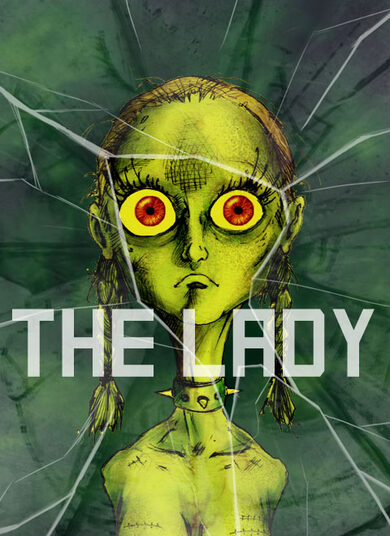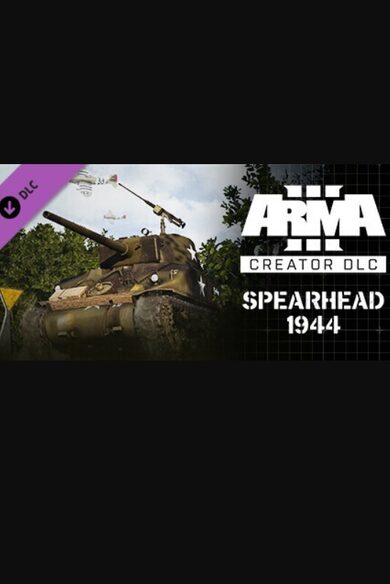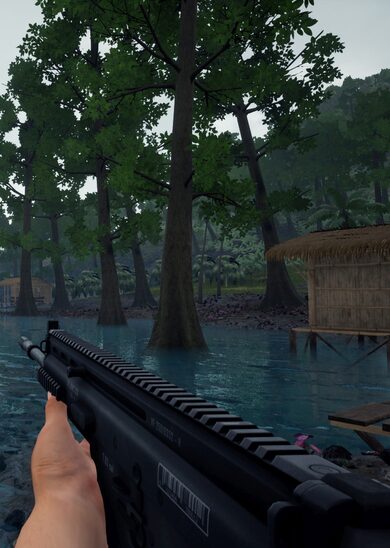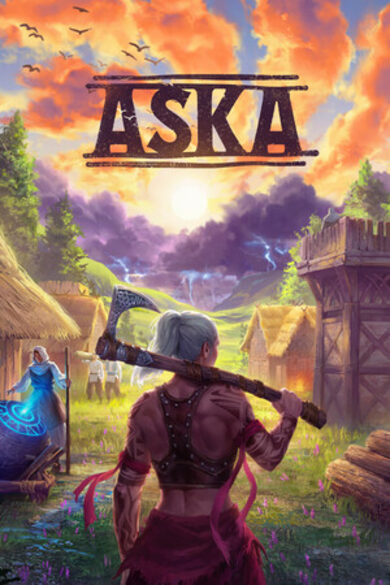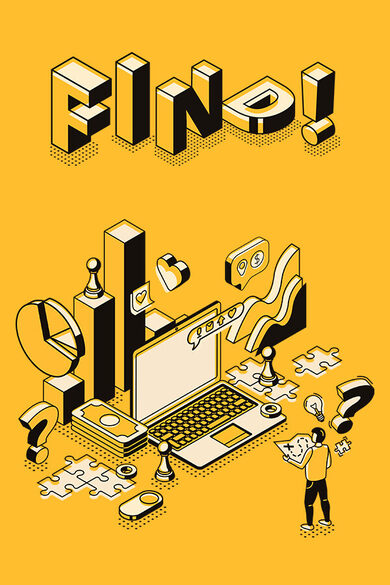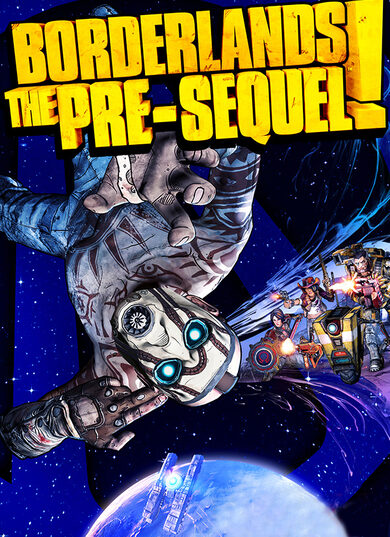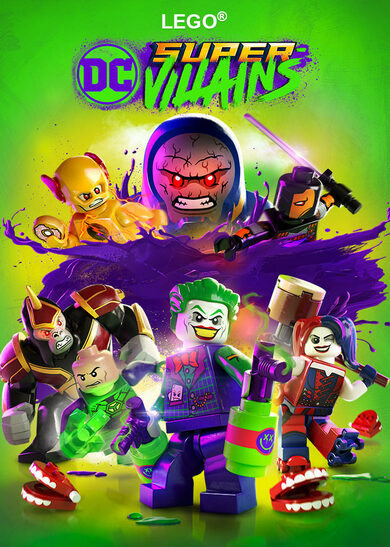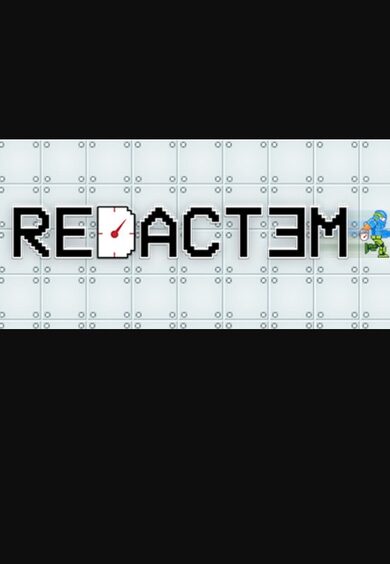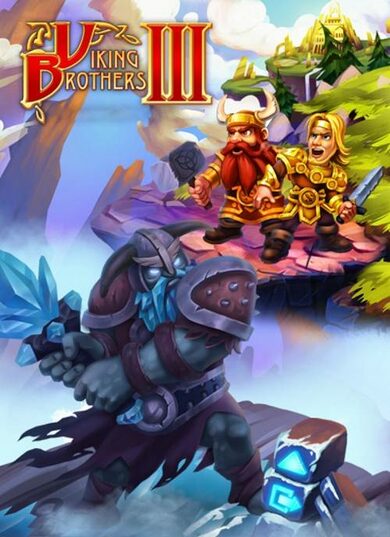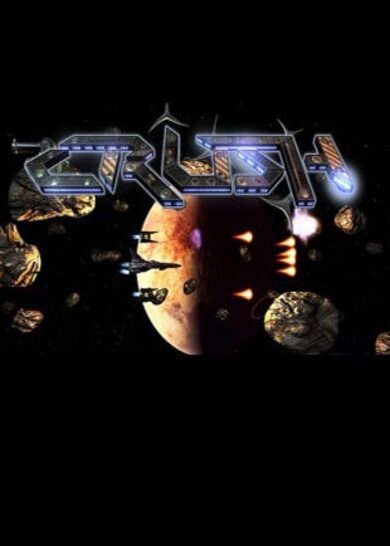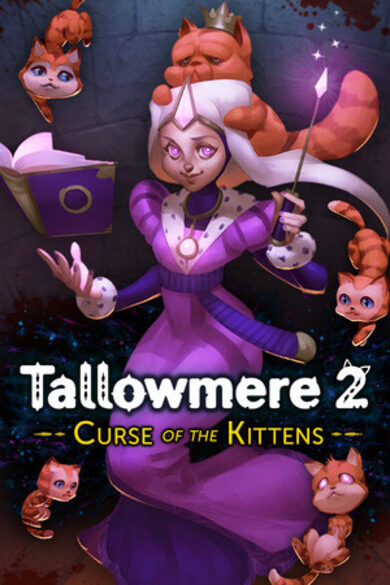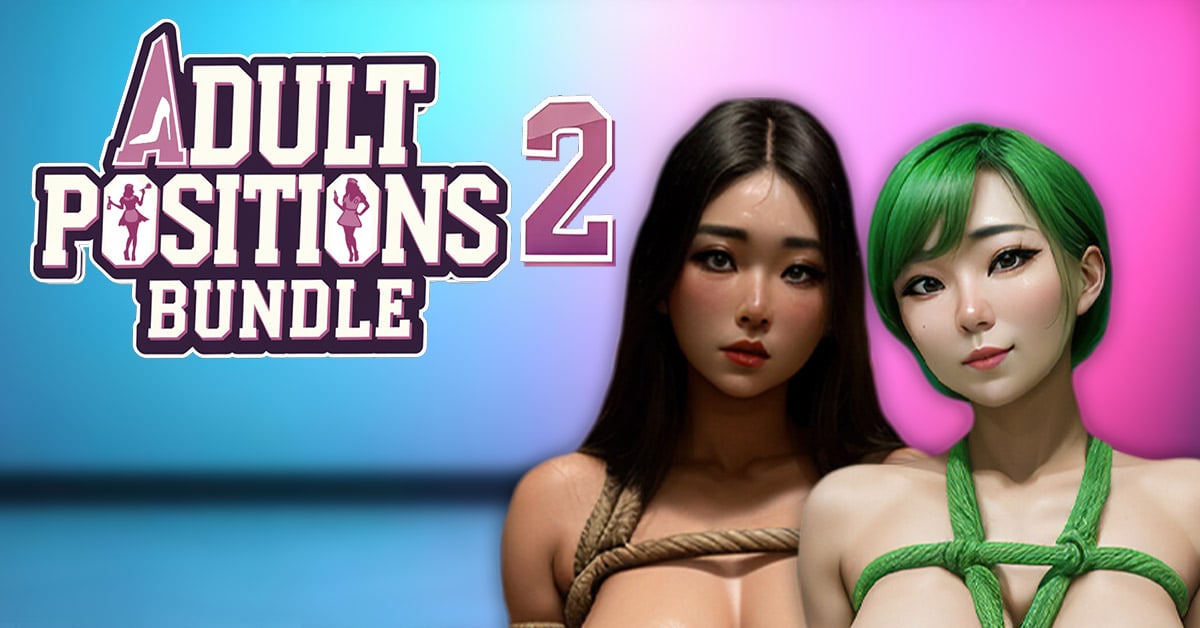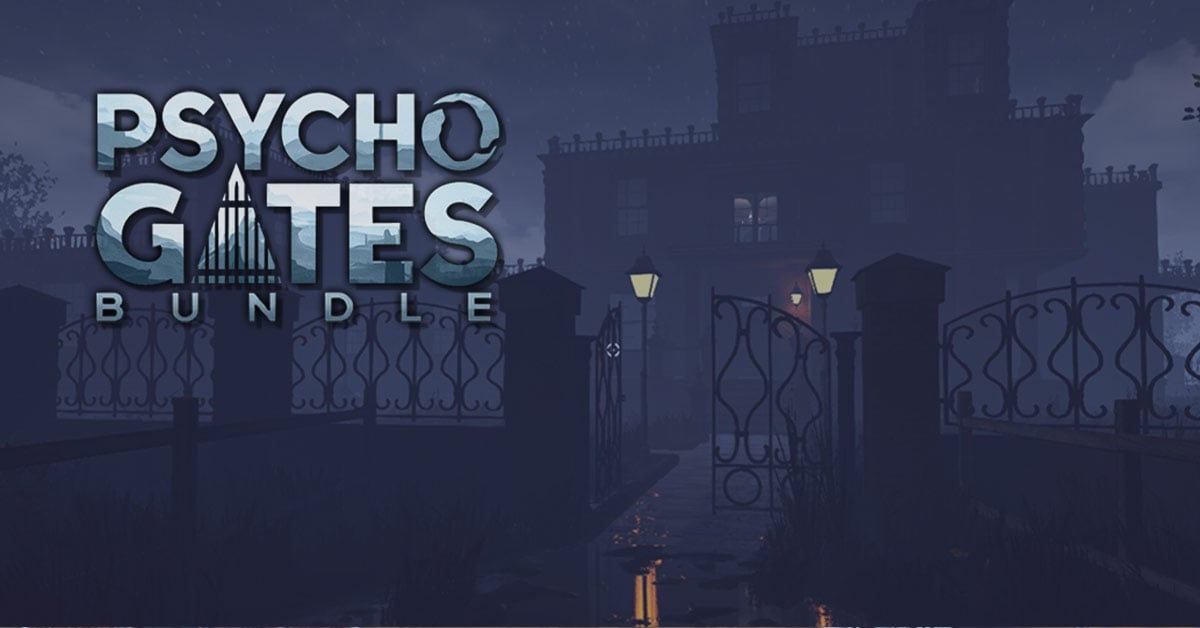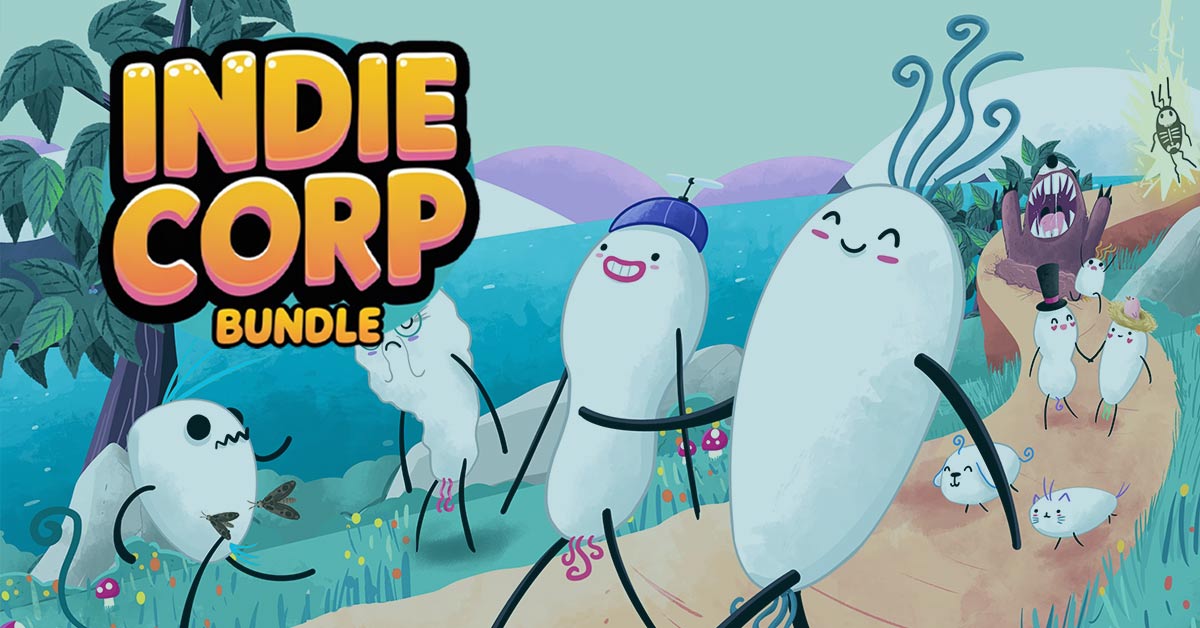
One Spirit is a coming-of-age visual novel set in an alternate timeline where the Cold War drags on into the 21st century. Exploring various political, cultural and philosophical themes, the game presents an engaging, thought-provoking thriller through the eyes of its everyday characters, their struggles and hopes.
In 2003, the Iron Curtain stands tall. The superpowers of the new age wage a silent war through the means of information, economy, culture and proxy. As the Cold War slows to a crawl, the Republic of Sysica, a Western satellite state in Eastern Europe, finds itself on the verge of political death as violence, misery and war loom over its head.
One Spirit follows Yuri Danilin, an 18-year-old young man disenchanted with life, as he returns to his modest hometown in Nevilyovsk, Eastern Sysica. Having failed in his studies at the capital, he reunites with his sister knowing their time apart has changed both permanently. When news of a known local activist disappearing spread through the town, Yuri soon finds himself at the center of a dangerous game of truths.
KEY FEATURES
- Uncover a deep and engaging story, set in an original world where the Iron Curtain hasn't fallen, inspired by real events and reflections on them: experience the bleak feel of a war too long fought.
- See the world through the eyes of an alienated youth — casual but complex personalities set in a path of self-discovery and self-affirmation in a world that has robbed them of a future.
- Delve into six different subplots branching from the main story.
- Every subplot has a unique dynamic you engage with by making choices, efforts and sacrifices. Subplots develop a wide variety of topics stemming from Yuri's fatal years of 2003 and 2004, from the intimacies of friendship to the secrecies of Sysica's ideological underground.
- Decide carefully how to spend your time in Nevilyovsk: days are a limited resource. Your priorities and preferences will increasingly mark your journey.
- Enjoy high choice responsiveness, as the game's slightest details react to your smallest choices.
- Explore over 30 different environments to reveal new details, points of view and events.
- Take part in a philosophical journey about human history, society, struggle and life, with roots in contemporary critical theory, psychoanalysis and existentialism, among other similar and dissident traditions.
- Dive into this grey world through a high-quality art style that evokes the melancholic, nostalgic feel of post-socialist Sysica.
- Explore hours upon hours of worldbuilding detail: a unique Slavic theme, a constructed language, a simulated history and a culture imagined from the ground up.
Picture yourself directing a play - your characters appear to be puppets, trains on rails. You lead them on like an orchestra is led by the moves of a baton. They actors are only actors because of their role. Once they're off the stage, with their face relaxed and tone regained, they're just people. Suddenly, you have a bunch of randoms storm in; and, while seemingly regular people, they still claim to be actors. "Characters", they say.
You're a director, after all. You write and direct that kind of thing. You think them mad, but those characters go on and on about their story, and you feel you're somehow beginning to explore it. By the end of it, you're asked to finish it - to wrap up their characterization. How does a director relate to their characters? Oftentimes we think them some form of engineering gods, creating and then manipulating their making. What's the reality of a story and a cast, then? Are they merely artificial? How do we connect with them, then? What can they represent to us?
A brief literary introduction
The 20th Century is, perhaps, one of the periods of time where narrative avant-garde has been the most explosive. Especially so after the Great War, deviant art found a special place in literature, fine arts and also new forms of creative expression, as brought by cinema and photography. Especifically, Luigi Pirandello, a Sicilian playwright and dramatist, produced a piece that is relevant to us here: Six Characters in Search of an Author (1921). Contemporary to him, Spanish author Miguel de Unamuno would produce The Life of Don Quixote and Sancho (1905) and Niebla (1914), two key texts we'll tie here.
Critics have often forgotten a certain link between Pirandello and Unamuno. The content of that link is what inspires us to make One Spirit as we're making it.
In both authors, characters speak to authors. In Niebla, the writer sits down to talk to his own cast to figure out what to next make them do; and even receives criticism from one of them for that one ending in his last novel. In Pirandello, in the work we mentioned, they abruptly walk into the theatre to ask for directions, too. The relation between the author and their cast is renewed and turned inside out. Both seem to be on equal standing. No longer is the cast just a product, like ceramics from a pottery. They stand in dialogue. And in dialogue they find each other.
For Unamuno and Pirandello, characters are not just comparable to the real lives of men the existential and psychological themes in their works already tell us as much. They're more real than them in ways most would be skeptical about. At times, our actual life feels like a mask - and the stage the place where it's taken off, where human situations are liberated and extended, stoked like fire. Alternatively, think of Aristotle's account of Greek tragedy: a play that points to actual, real vices and truths, but has immense provocative power due to its inventive way to go about it, to be distant and near at once. Regardless of the take we admit, there's the intuition that characters can represent feelings and struggles purer than the ones we ourselves feel because they're fully imaginative, fully fiction. Fiction is freedom, and freedom brings so much more to say.
Why this matters for our characters
One Spirit deals with being human. The pain, the hopes, the joys and the struggles. We understand no one can truly assimilate to a character - no one is the character. But, if their fiction is strong enough, it can prove evocative, almost reminiscent. It can remind us about ourselves, about those around us, and about what it means to be alive as we today are. That's what we understand as charisma. Not its regular meaning: we don't mean to make them attractive or endearing in a conventional sense, though we need them to be somewhat for other reasons. Charisma for us is that bridge built between a fictional face and the lives we know first-hand. In this sense, One Spirit has a cast working as a very clear, but somehow flawed mirror to the player.
Realism, then, doesn't necessitate a setting and cast in the style of Zola, Balzac or Dostoevsky. It is the evocation of real life, embodied in a strong, persuasive fiction, that connects us to a story's inner realm. Whether the story is "realistic" as we often like to say seems rather accessory then.
For our characters, you can begin to see what this means bit by bit. As One Spirit is heavy on character interactions, both one-on-one and group, and also strongly relates each of them to their context and contemporary world, the intent is to make them multi-faceted. They have to be. The way they represent the issues we know too well, from disorders to vices, attitudes and opinions, ways of life and ways to change and overcome. Fiction doesn't obscure the reality of these matters - we use it to make them more real to our audiencie than not.
Why this matters for the way they're made
When I sit down to create the type of character One Spirit has, I feel like I learn about them after they move; that is, I realize what I've done with them only after I've already written more and more. I'm a few steps behind. When writing One Spirit, every scene "nudges" them in a certain direction, but never accurately. As the script is written, every line of text is a leap into nothingness. The cast is built through these successive leaps, these pushes that sometimes, for me, succeed or fail in following the game's vision. But, despite all that vision, the process is still chaotic, erratic. In this sense, a writer feels less an engineer and more an explorer; a vibe I had picked up long ago in Deleuze's writings, if anyone begins to see the parallel.
The author's ignorance to how their characters could morph with every word written is what allows for that margin of freedom: it's what allows for both reader and author to discover the story. In that very margin, characters acquire the individuality that is greater than the author's designs and the reader's interpretations, and confers the cast the condition of not remaining under our reality. For Pirandello and Unamuno, as we said, this could mean they're now above it, empowered by fiction and imagination. More real than our real, more human than our human because they're unconstricted, but profoundly meaningful. Anything can be said now: with greater volume and power. Experiences we consider "real", from politics to psychology, can be presented like this. Our realism doesn't just consist in sober tones and themes. Rather, it consists in using fiction's power to exceed our reality to say more about it, to best impact it.
It's obvious then that characters aren't sentient or free in any material sense of the term. Otherwise, we'd have the actual issue the Director in Pirandello's play had: having to confront them all of a sudden; or, worse, the case Unamuno wrote: having to justify the shit you've done to them. That doesn't mean, and never has, that characters can't be conceived exploratively, tentatively. With a sense of wonder. Building a character like an architect plans a tenement seems rather deprived, creatively. Realizing characters have a reality of their kind, often (aesthetically) higher than our own, goes a long way in helping us build a special type of characterization, be it for realism or not. In the case of One Spirit, we exploit these notions to bring about a cast that, we think, makes use of their fiction to represent known or unknown forms of life alike. All, of course, with the purpose of drawing that connection between them and the viewer - between them and you, me, and us all. A game like One Spirit, with its themes and aesthetics, needs this type of way to be.
[ 6371 ]
[ 6583 ]
[ 3327 ]
[ 2497 ]
[ 1732 ]
[ 1040 ]
[ 32822 ]
[ 955 ]
[ 45577 ]

